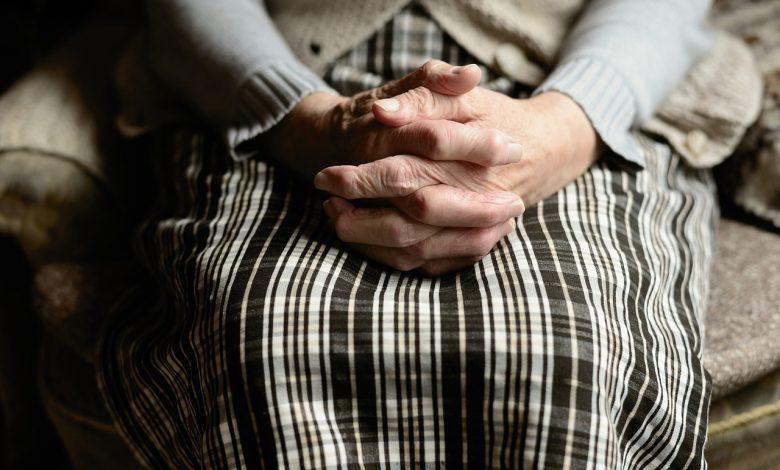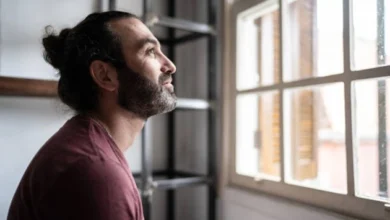Researchers unveil secrets of “very old people”

‘Older people’ have long puzzled scientists. But the researchers reveal that after several types of research, they are finally figuring out why some people live beyond the age of 80, and still appear to be in good health, with cognitive abilities comparable to those of younger adults.
Researchers have spent years studying these older people to understand what makes them different.
“Not so long ago, we thought the only rule was to become old and senile,” said Northwestern University professor Emily Rogalski at the American Science Association for Advancement’s annual meeting in Austin, Texas.”
W need to push the boundaries and see what is possible at a later age, and how people got there.”
Researchers say studies show that ‘very old people’ seem more resistant to fronds and arrows of life, and they are more extroverted and less neurotic.
But they also made another discovery. Looking at the brains of 10 superheroes after their deaths, Rogalski reports that they discovered that these individuals had several types of brain cells known as Von Economo neurons.
One of the regions in which they find themselves, Rogalski said, is an area considered important for attention and working memory, known as anterior cingulum. This region, notes Rogalski, was also thicker among ‘very old people’ than in the 50 and 60 age group.
Studies have shown that there are also other differences.
“When we look at the rate of cognitive thinning in the average 80 years cognitively, their brains down to almost two and a half times that of ‘older people’” said Rogalski.
Scientists have also been working on exploring the presence of a protein known as amyloid in the brain, a substance that can cluster, leading to plaques linked to Alzheimer’s disease.
Claudia Kawas, a geriatric neurologist at the University of California at Irvine, said autopsies have shown that some “very old people” also have deformed proteins in their brain while retaining their cognitive and memory power.
The researchers say they have also found that common human vices do not necessarily lead to an early death. Many very old people say that they smoke or drink alcohol. But others have never drunk.
Underweight also seemed to be important. People with a very low body mass index after the age of 80 were more likely to die.
However, Rogalski added that this does not mean that people should take bad habits to live longer. He notes that some people may have a genetic makeup that allows them to avoid smoking and drinking.
Nevertheless, Rogalski thinks we can learn from “very old people”.
“We’re getting good enough to prolong our life, but our health does not follow and what ‘every old people’ have is more balanced between them. They live a long time and live well,” she concluded.




